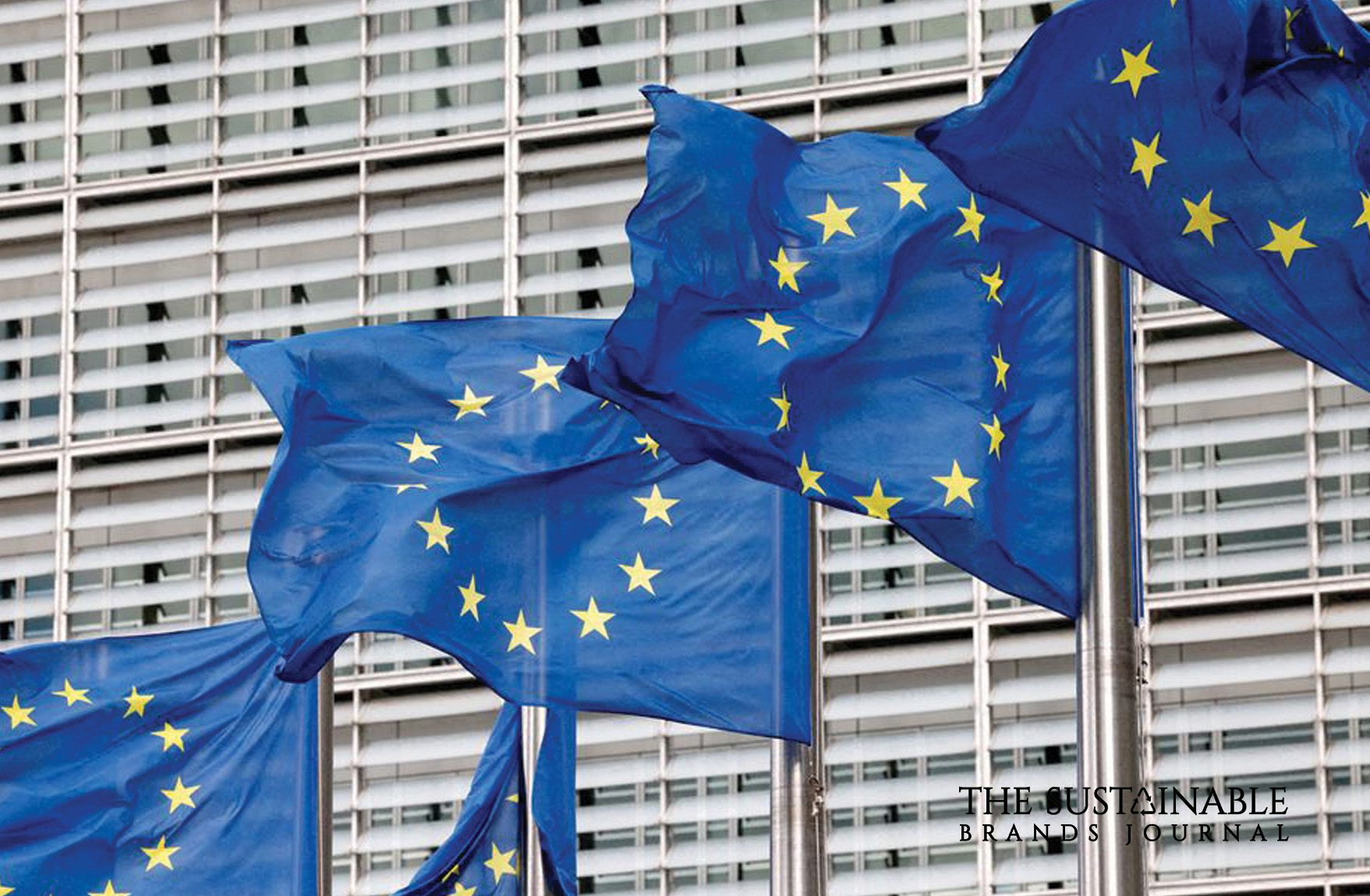
EU agrees to boost energy funding by €20 billion
Following a political deal signed by the EU’s leaders on Wednesday, the bloc will be able to raise an additional 20 billion euros from its carbon market. This is to invest in projects that will help the bloc to end its dependency on Russian fossil fuels much more quickly than it has in the past.
As early as Wednesday morning, the European Parliament, EU countries, and the EU Council reached an agreement on how to raise 60% of the grant money from the EU Innovation Fund, which is a pot of carbon market revenues that are currently being used to invest in breakthrough green technologies.
This amount will be supplemented by 40% of proceeds from the early sale of CO2 permits.
When factories and power plants pollute, the EU carbon market forces them to buy permits for CO2 emissions when they do so. As a result of a surge in the prices for these permits in recent years, the amount of money that countries receive from the sale of those permits to companies that emit CO2 has increased considerably.
As a part of the investment, funds will be allocated to areas such as expanding renewable energy, renovating buildings to increase energy efficiency, and helping heavy industry decarbonize.
Prior to the agreement becoming effective next year, all EU member states, as well as the European Parliament, must formally approve it.
It has been observed that the price of EU carbon permits has increased in part due to more stringent targets for reducing emissions this decade. This will result in a shorter supply of CO2 permits. In the benchmark price of carbon permits in the EU, the cost of a tonne of carbon was around 88 euros on Wednesday.
In the original proposal of the European Commission, the money for new energy investments was suggested to come from the sale of permits stored in the carbon market’s “market stability reserve” – a scheme devised to absorb excess permits in order to prevent the market from becoming oversupplied with permits.
This was opposed by a number of countries, including the Netherlands and Denmark. These countries warned that playing with the reserve might damage trust in the carbon market and cause prices to fall in the EU.
Furthermore, EU negotiators will also try to strike a deal later this week on a broader overhaul of the carbon market. This will play a key role in meeting the EU’s target of reducing its net greenhouse gas emissions by 55%5% when compared with 1990 levels by 2030.

Prachi, an accomplished Chief-Editor at The Sustainable Brands Journal, has 15+ years of experience in Europe, the Middle East, and India, managing 90+ global sustainable brands. She’s a prolific writer in sustainability, contributing to various publications. Prachi’s unwavering passion and expertise make her a recognized authority, driving positive change and inspiring a sustainable future.





